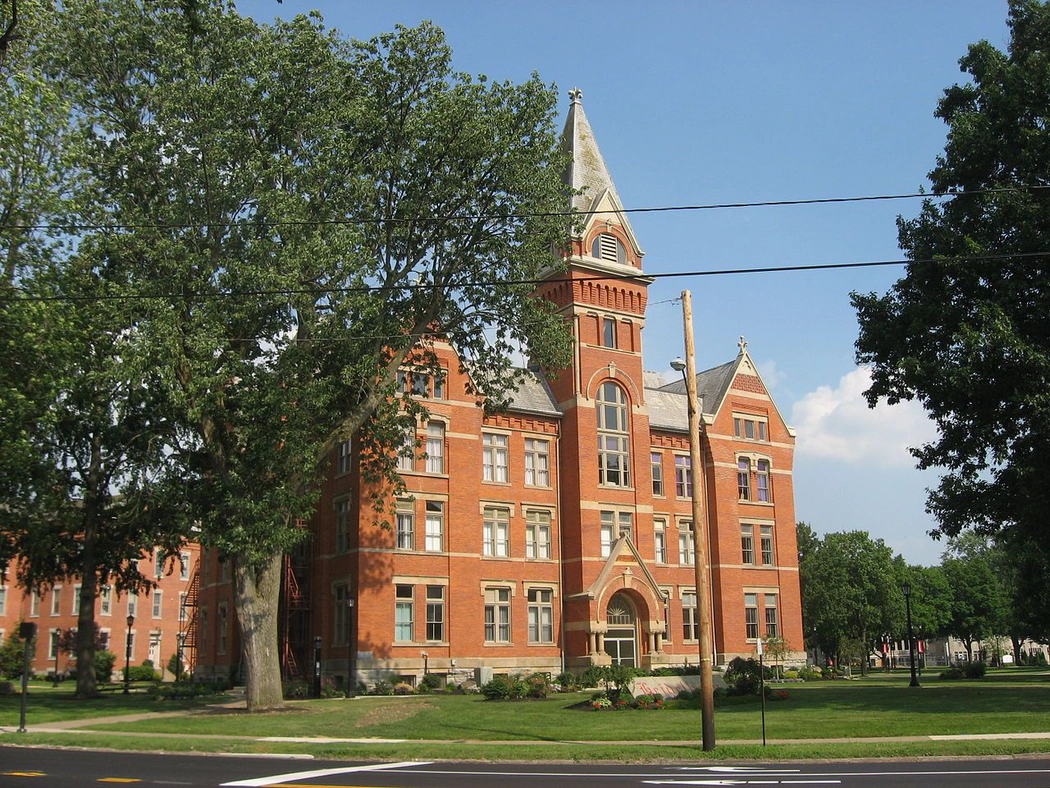How Can Australian Indigenous Experience Change Western Perspectives of the World?
DOI:
https://doi.org/10.21036/LTPUB10513Researcher
Carsten Wergin is Head of a Research Group at Heidelberg University's research area 'Transcultural Studies' (funded by the German Excellence Initiative). Previous positions include that of Marie Skłodowska-Curie Fellow at the Social Policy Research Centre at the University of New South Wales (UNSW), Sydney. He is a founding member of the Environmental Anthropology Working Group of the German Anthropological Association (GAA), and Deputy Chair of the German Association for Australian Studies (GASt). His research focuses, among other topics, on socio-ecological transformations triggered by tourism, heritage and the resources sector. It is based on extensive ethnographic fieldwork conducted in the Indian Ocean World, the European Ultra-Periphery, the Mascarene Islands and Northwest Australia.

Original Publication
Dreamings Beyond ‘Opportunity’: the Collaborative Economics of an Aboriginal Heritage Trail
Carsten Wergin
Published in
The "White Magic" of Modernity: Retracing Indigenous Environmental Knowledge in Settler-Colonialist Australia
Carsten Wergin
Published in
Collaborations of Biocultural Hope: Community Science Against Industrialisation in Northwest Australia
Carsten Wergin
Published in
Citation
Carsten Wergin,
Latest Thinking,
How Can Australian Indigenous Experience Change Western Perspectives of the World?,
https://doi.org/10.21036/LTPUB10513,
Credits:
© Carsten Wergin
and Latest Thinking
This work is licensed under CC-BY 4.0
